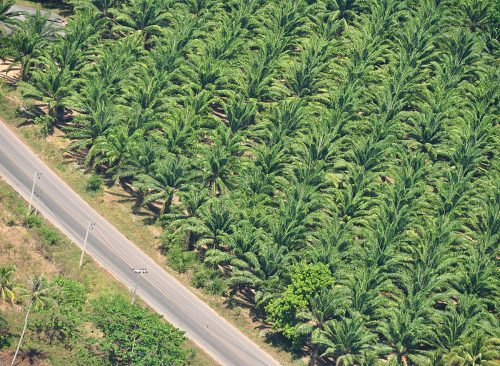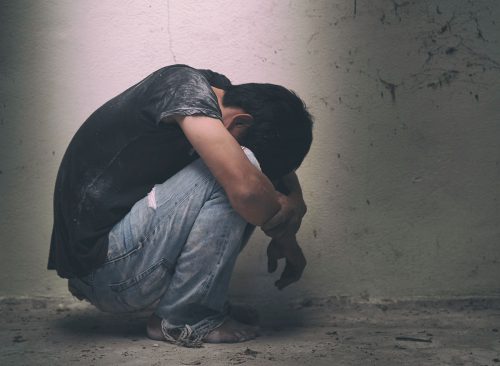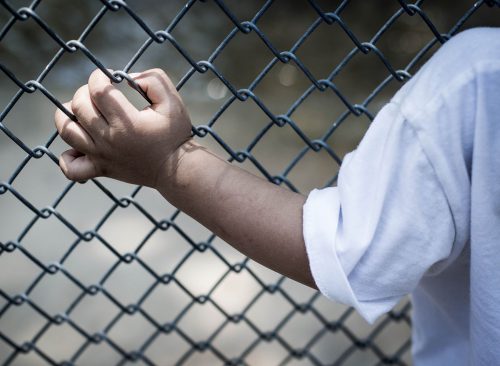Men Sent to “Rehab” Became Slaves in Plantation
In Indonesia, the families of dozens of troubled men were tricked.

In Indonesia, the families of dozens of troubled men thought they were sending their loved ones into rehabilitation for drug addiction. Instead, the men were being imprisoned and forced to work as slaves on a wealthy industrialist’s plantation, the New York Times reported on June 18. “This was not rehab. This was jail,” said a former captive said. “They treated us like animals. We were just hopeless there.” Read on to find out what happened there, and why the man responsible has escaped any charges related to the slavery.

The men were enslaved at a palm plantation and palm oil factory owned by a powerful local official, Terbit Rencana Perangin-angin, and his family, the Times reported. In January 2022, anti-corruption investigators discovered 65 men on the property, locked in two dozen cages. Dozens of the imprisoned men said they received no treatment for their addiction. “The regent didn’t want to spend money to hire workers and so they enslaved us by using rehab as the excuse,” said a man named Ardi, 18, who was imprisoned at 15 and ordered to sweep floors at the regent’s mansion. “But they never gave us any treatment. It was basically a scam.”

Days after the cages were discovered, the investigators arrested Perangin-angin, 50, on bribery charges. He was tried and convicted of bribery and sentenced to seven-and-a-half years in jail last October. Authorities seized his factory, and he was removed from his post as regent, a top elective office similar to the leader of a county in the U.S. But Perangin-angin hasn’t been charged with any illegalities related to the men who were found caged on his property. The oversight reflects Indonensia’s extremely poor human-rights record and a widespread culture of corruption that allows local officials—including regents, mayors, and officials in larger cities—to operate impunitively as “little kings,” the Times says.

Investigators ultimately found that over the previous decade, 656 men and teenage boys had been imprisoned in cages on Perangin-angin’s land. They were held for about 18 months, on average, before being released. Most of the victims were forced to work at the factory or on the plantation, often alongside paid workers. Many were tortured, whipped, burned, and sexually assaulted. Six prisoners died, including at least three who were tortured to death, Indonesia’s National Commission on Human Rights reported. Victims’ advocacy groups estimate the plantation made $12 million from the unpaid labor.

The cages were an “open secret” in the local community of Langkat Regency, and local police and officials never intervened because Perangin-angin was seen as “all-powerful” there, the Times reported. Illegal drugs, particularly meth, are widespread in the region, and many families welcomed the offer of free rehabilitation. Some local police officers and soldiers even helped guard or torture the men. “No one could stop him,” Rianto Wicaksono, an agent with Indonesia’s Victim and Witness Protection Agency, told the news outlet. “The police in the area were under his command. No one was brave enough to go up against him.”

Although 13 of 60 men named by victims as conspirators in the operation have been prosecuted—including Perangin-angin’s son, Dewa Rencana Perangin-angin, 25, who was convicted in November of torturing a man to death and sentenced to 19 months in jail—Perangin-angin continues to be officially scot-free. “It is no surprise that the legal process would go easy on all the culprits,” said Rahmat Muhammad, a director with Kontras, the national human-rights group. “It is because the regent is wealthy and has a powerful network.”














